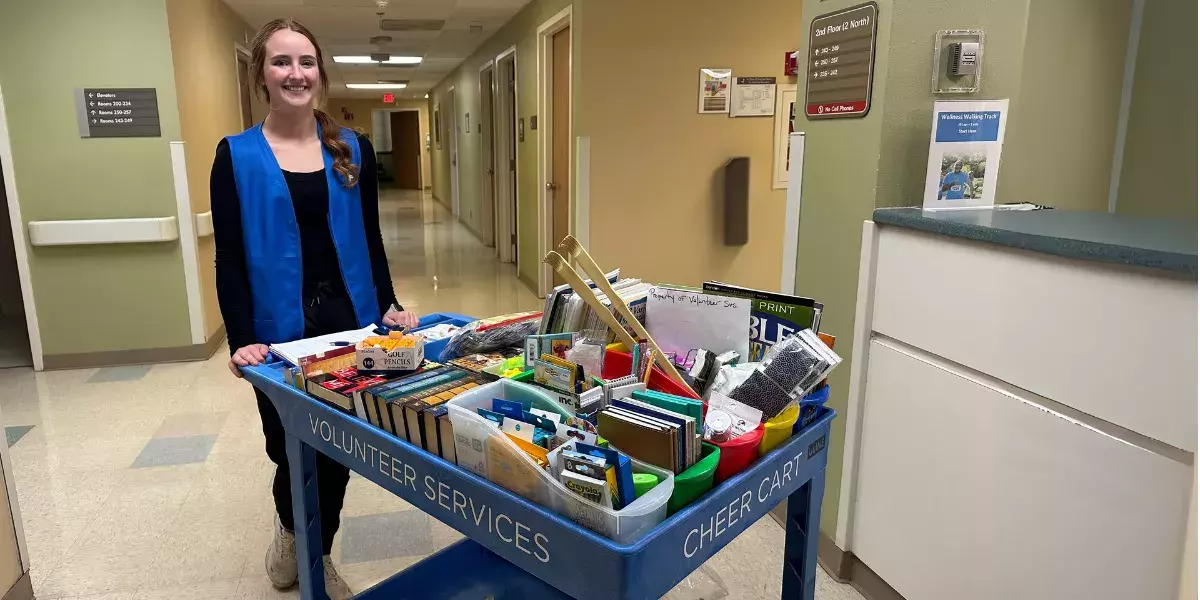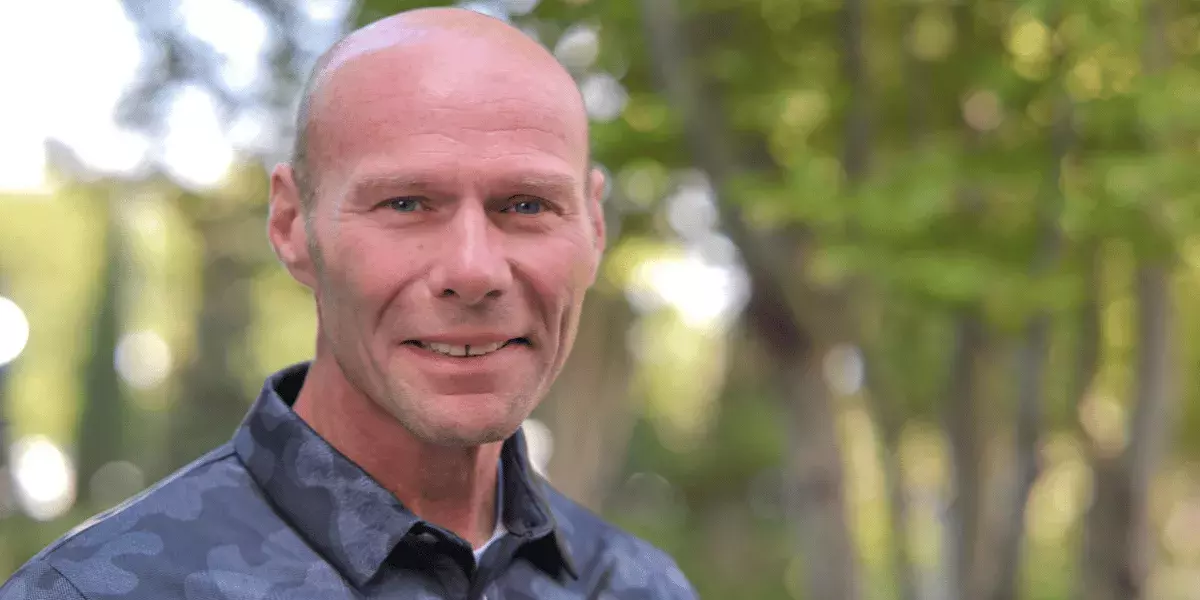
‘I want to keep you alive’: Dr. John DeWitt shares the importance of suicide awareness and crisis resources
The aftermath is devastating. We hear about it; we talk about it, and then we ask ourselves how we didn’t see it coming. According to the World Health Organization, more than 700,000 people die due to suicide every year.
Despite knowing the shocking statistics, it can be difficult to reach out to a loved one who may be experiencing suicidal ideation.
While medical professionals are trained to know the signs and respond accordingly, how do we learn to recognize them as well?
Dr. John DeWitt, a psychiatrist with Medical Group of the Carolinas, knows the important role of expressing care and concern to patients suffering with these thoughts. Dr. DeWitt has been with the practice since April 2022 but has been a practicing psychiatrist for more than 30 years.
“Suicidal ideation has gone way up, because we’re still reluctant to get help,” Dr. DeWitt said.
In 2020, the Centers for Disease Control and Prevention reported that over 12 million Americans had seriously considered suicide.
Some warning signs can include:
-
Talking about suicide
-
Social withdrawal/isolation
-
Engaging in risky or self-destructive behavior
It isn’t always easy to tell when a loved one or a friend is contemplating suicide but paying close attention and asking them questions can help to determine when to intervene.
Raising awareness for suicide prevention takes effort from everyone and includes checking in on loved ones and demonstrating care to those around us.
“Let loved ones know that it’s not abnormal to feel this way, and reach out in-person,” Dr. DeWitt said.
While we can become accustomed to communicating online, via social media or through text messaging, visiting in-person is a powerful way to let someone know that you care.
Practicing kindness is an important action to take. Dr. DeWitt explained that “we all need to be more sensitive and responsible” when communicating with those around us.
While suicidal thoughts and actions can stem from depression, that isn’t the only cause. Feelings of loneliness, shame and embarrassment can also be contributing factors to someone taking their own life.
If you know someone who is having suicidal ideation, talking to them, or even just listening, can help tremendously, Dr. DeWitt said.
Readily available crisis resources are necessary in helping prevent suicide, because “every statement about self-harm is taken seriously,” Dr. DeWitt said.
Reinforce to your friends that help is available.
“I want to keep you alive,” Dr. DeWitt said.
If you or someone you know is experiencing thoughts of self-harm or in crisis, help is available. Visit Spartanburg Regional’s behavioral health resources page for additional information.












